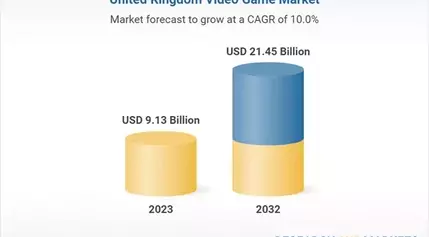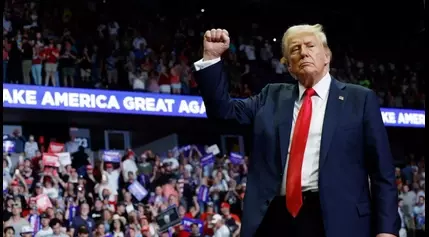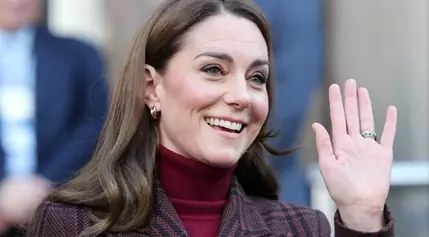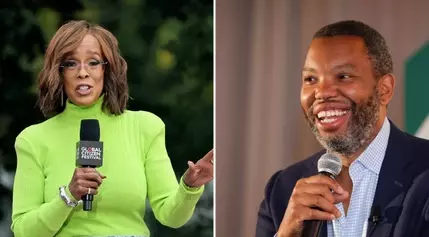
Navigating the Complexities of the Israel-Palestine Conflict: A Nuanced Exploration
The recent interview between Ta-Nehisi Coates and the "CBS Mornings" team has sparked a lively discourse on the delicate and contentious issue of the Israel-Palestine conflict. As the discussion unfolded, it shed light on the challenges media organizations face in addressing such sensitive geopolitical topics, while also highlighting the growing disconnect between the public and the media. This article delves into the nuances of this complex situation, offering a multifaceted perspective that aims to foster a deeper understanding of the underlying issues at play.Uncovering the Layers of a Divisive Debate
Navigating the Minefield of Biases and Objectivity
The interview with Ta-Nehisi Coates has brought to the forefront the ongoing struggle for media organizations to maintain impartiality and avoid the perception of bias when reporting on the Israel-Palestine conflict. As Paramount co-CEO George Cheeks noted, the need to showcase "unbiased and consistent treatment" is paramount in such sensitive discussions. This challenge is further compounded by the growing distrust and disconnect between the public and media outlets, as evidenced by the Pew Research Center's findings on the declining engagement of U.S. adults with news coverage.To bridge this gap, media organizations must strive for greater transparency in their reporting, addressing concerns about conflicts of interest, source reliability, and the clear delineation between fact and opinion. By fostering a culture of accountability and openness, they can regain the trust of their audience and demonstrate a genuine commitment to objective and balanced coverage.The Delicate Art of Interviewing on Contentious Topics
The interaction between Ta-Nehisi Coates and CBS anchor Tony Dokoupil has shed light on the nuanced approach required when conducting interviews on highly polarized issues. As Gayle King aptly observed, "certain topics" are inherently "hot-button" and demand a heightened level of care and sensitivity in the questioning process.Navigating such conversations requires a deft touch, one that balances the need for probing inquiry with the recognition of the emotional and political sensitivities at play. Anchors must be mindful of how their questions are perceived and received, ensuring that they do not inadvertently perpetuate biases or exacerbate existing tensions.At the same time, the media has a responsibility to facilitate robust and meaningful discussions, even on contentious topics. As Coates himself acknowledged, he was not surprised by the confrontational nature of the interview, as it is a necessary component of addressing complex geopolitical issues. The challenge lies in striking the right balance between respectful dialogue and the pursuit of truth.Broadening the Narrative: Diverse Perspectives and Balanced Representation
Coates' observation about the lack of "tough interviews" for those defending the Israeli state project raises an important point about the need for more balanced representation in media coverage. The tendency to privilege certain narratives over others can contribute to a skewed understanding of the conflict, further entrenching existing divisions.To address this imbalance, media organizations must actively seek out and amplify a diverse range of voices, ensuring that the full spectrum of perspectives is represented. This includes providing a platform for those who offer alternative viewpoints, challenging the dominant narratives, and fostering a more nuanced and comprehensive understanding of the conflict.By embracing this approach, the media can play a crucial role in broadening the frame of the discussion, moving beyond the simplistic binary of "pro-Israel" and "pro-Palestine" and delving into the multifaceted complexities that underlie the ongoing tensions.Embracing the Challenges of Hard Conversations
Gayle King's acknowledgment that "life is hard" and "the news is hard" resonates with the inherent challenges of addressing contentious issues in the public sphere. As media professionals, they must navigate the delicate balance between informing the public and maintaining a sense of responsibility and sensitivity.The Coates interview serves as a reminder that hard conversations are necessary, even if they are uncomfortable. By embracing these challenges, media organizations can demonstrate their commitment to fostering meaningful dialogue, encouraging critical thinking, and ultimately contributing to a more informed and engaged citizenry.This approach requires a willingness to confront difficult topics head-on, to acknowledge the complexities and nuances involved, and to engage in thoughtful, nuanced discussions that move beyond simplistic narratives. It is a testament to the media's role as a vital institution in a democratic society, one that must be willing to tackle the tough issues, even when it means navigating uncharted waters.New

9.3K
185
48
Lifestyle
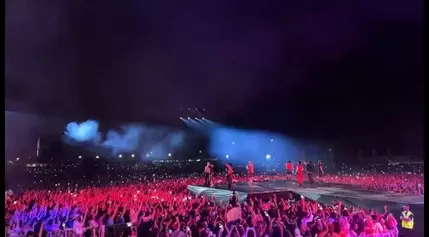
44.2K
884
221
Lifestyle

19.8K
198
39
Entertainment
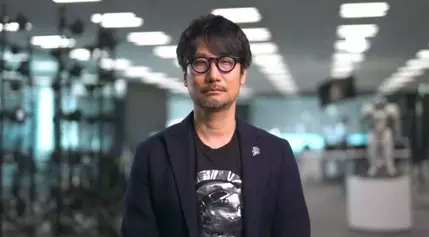
20.1K
401
200
Entertainment
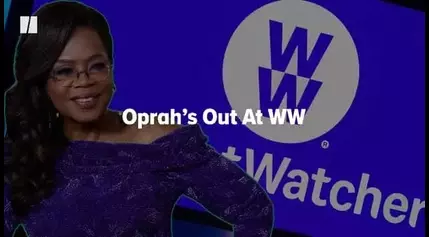
10.1K
201
86
Entertainment

18.3K
365
102
Cars

18K
720
302
Cars

17.7K
1.1K
468
Finance

31K
309
37
Fashion
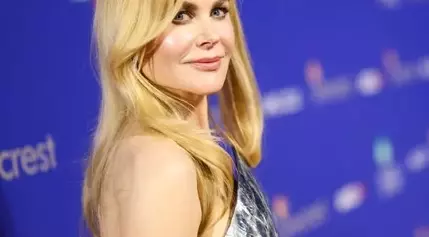
10.7K
213
104
Fashion


